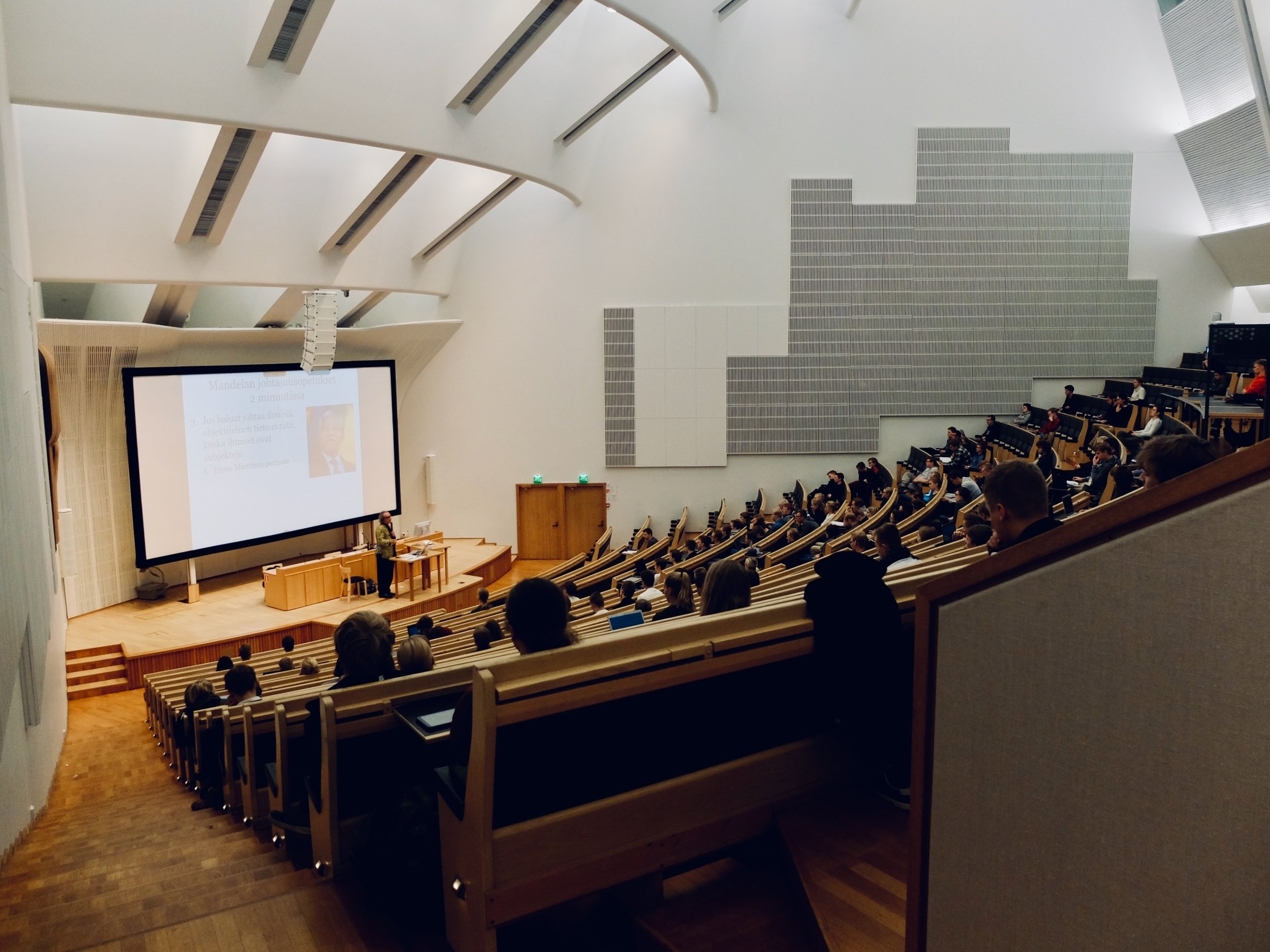Science without Sex Essentialism? As Easy as 1, 2, 3!
Over the course of nearly a decade, the GenderSci Lab (GSL) has developed incisive analyses, approaches, frameworks, and methods for thinking critically about sex and gender in biomedicine. Our new article “Three Maxims for Countering Sex Essentialism in Scientific Research” in the journal Biology of Sex Differences synthesizes lessons from GSL research into concrete and portable recommendations for biomedical researchers. Through the examples of gender/sex disparities in adverse drug events, COVID-19, and anterior cruciate ligament (ACL) injury, we offer guidance for avoiding the pitfalls of sex essentialism and producing better science. The article is designed for researchers, reviewers, and editors aiming to produce more rigorous science as well as for instructors and students at the undergraduate or graduate level interested in exploring common problems in sex essentialist research.
A History of Sex, Gender, and Medical Expertise in the New England Journal of Medicine
This week, members of the GenderSci Lab published a new piece in the New England Journal of Medicine. Authored by the Lab’s historians of medicine and science, Ben Maldonado, Jamie Marsella, Abbie Higgins, and Sarah Richardson, this piece traces how authors in the Journal articulated harmful ideas of innate sex difference.
New article in Cell: Calling for Rigor and Precision in the Study of Sex-Related Variables
Our piece in this Cell special issue considers how, in the context of policies mandating the consideration of sex (such as the NIH’s Sex as a Biological Variable policy), basic scientists can operationalize, analyze, and interpret sex-related variation in ways that achieve conceptual and statistical rigor, as well as precision in how such knowledge is applied in the clinic and beyond.
New article: “Making a ‘Sex-Difference Fact’”
This week, the GenderSci Lab has a new paper out in Social Studies of Science, “Making a ‘Sex-Difference Fact’: Ambien Dosing at the Interface of Policy, Regulation, Women’s Health, and Biology (open access).” The paper analyzes the first drug ever to be issued with an FDA mandated differential dose for men and women on the drug’s label.
Research Handout for Scientists: When and how can you apply sex contextualism in your own research?
To help bring sex contextualist frameworks into the laboratory, we wrote this condensed, portable, 1-page document that answers common questions about sex contextualist approaches in experimental design, execution, and reporting.
No Sex Without Context: A Q&A with Sarah Richardson on “Sex Contextualism”
Recently lab director Sarah Richardson published a paper proposing sex contextualism as a new model for conceptualizing and operationalizing sex in biomedical research. We take a moment to unpack sex contextualism with Sarah, digging into both the substance and the implications of her argument.
New Teaching Tool from GSL about Sex Contextualism
GSL made a teaching slidedeck that walks through the central ideas of Richardson’s paper “Sex Contextualism,” with the aim of equipping students with critical tools for understanding sex contextualism as a conceptual and practical framework and why it matters.
Bostock, the HHS Rule, and Legal Reliance on Biological Claims about Sex: An Analysis from the GenderSci Lab
Last week was big news for LGBTQ+ rights in the US. Two major pieces of law came out just days apart, changing the landscape of sex-based anti-discrimination law and the way sex is understood in federal law. In this post, we briefly outline these new legislative policies, consider the implications for LGBTQ+ rights in the US, and think about how this changes legal reliance on biological claims about sex.
Period power or wrong, period?
Does athletic performance vary systematically across the menstrual cycle? Attempts to quantify changes in athletic performance have yielded mixed results.
Why is the FDA keeping women up at night?
The public health perils of overstating sex differences
Did men evolve to go for Jessica Rabbit?
Two recent papers challenge the idea that men evolved to prefer slim women with small waists because they are healthier and more fertile.
Q&A with Daphna Joel
Brain sex-difference research usually focuses on average differences between men and women. Neuroscientist Daphna Joel challenges this approach by asking, “Wait! What exactly do you mean by ‘difference’?”
Theory Matters: Sex, Gender, and Alzheimer’s Disease
The SWHR task force operationalizes ‘sex’ and ‘gender’ as research variables with sweeping explanatory potential in biomedicine. The manner in which they do so reveals a theoretical gulf between a widely practiced genre of bioscience knowledge production in women’s health research and critical feminist approaches to science, medicine, and the body.













